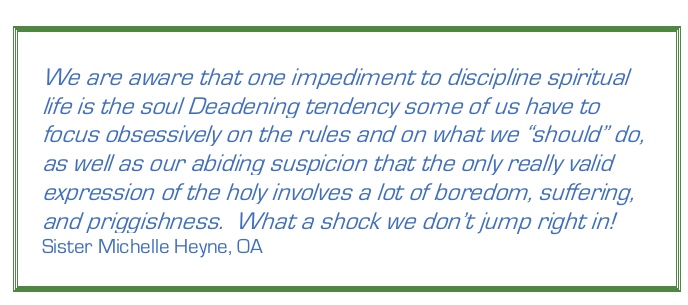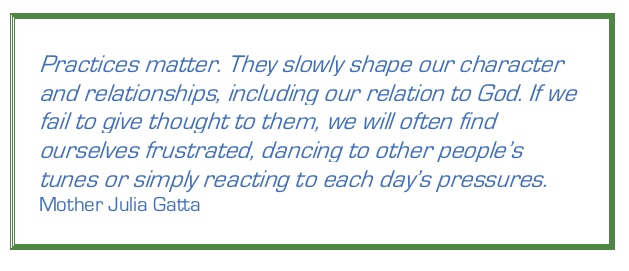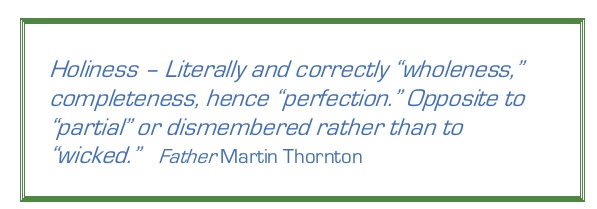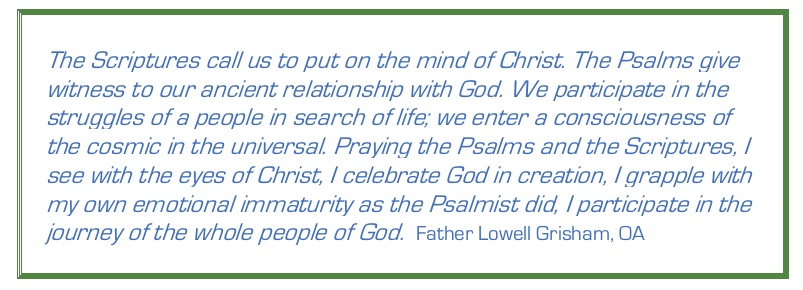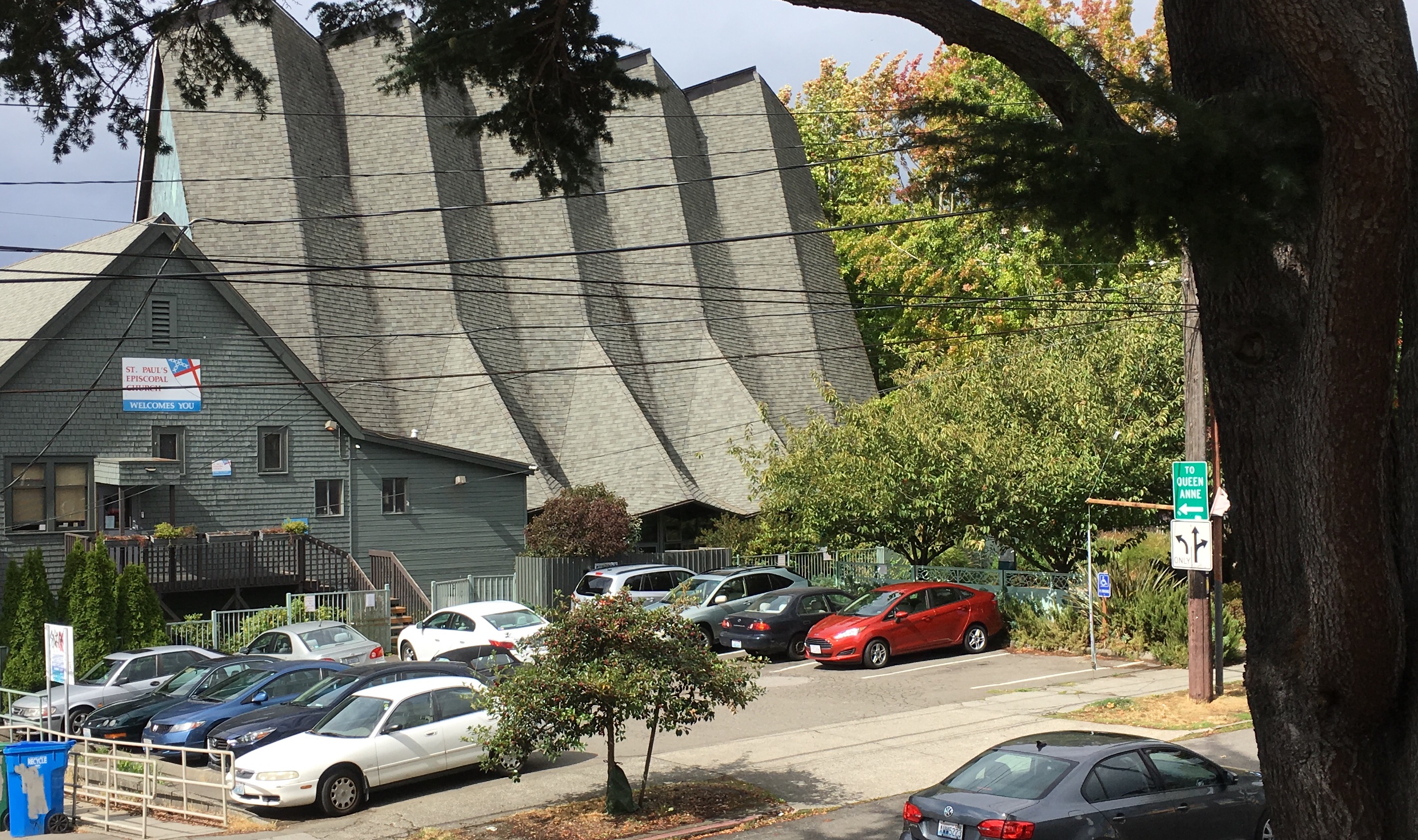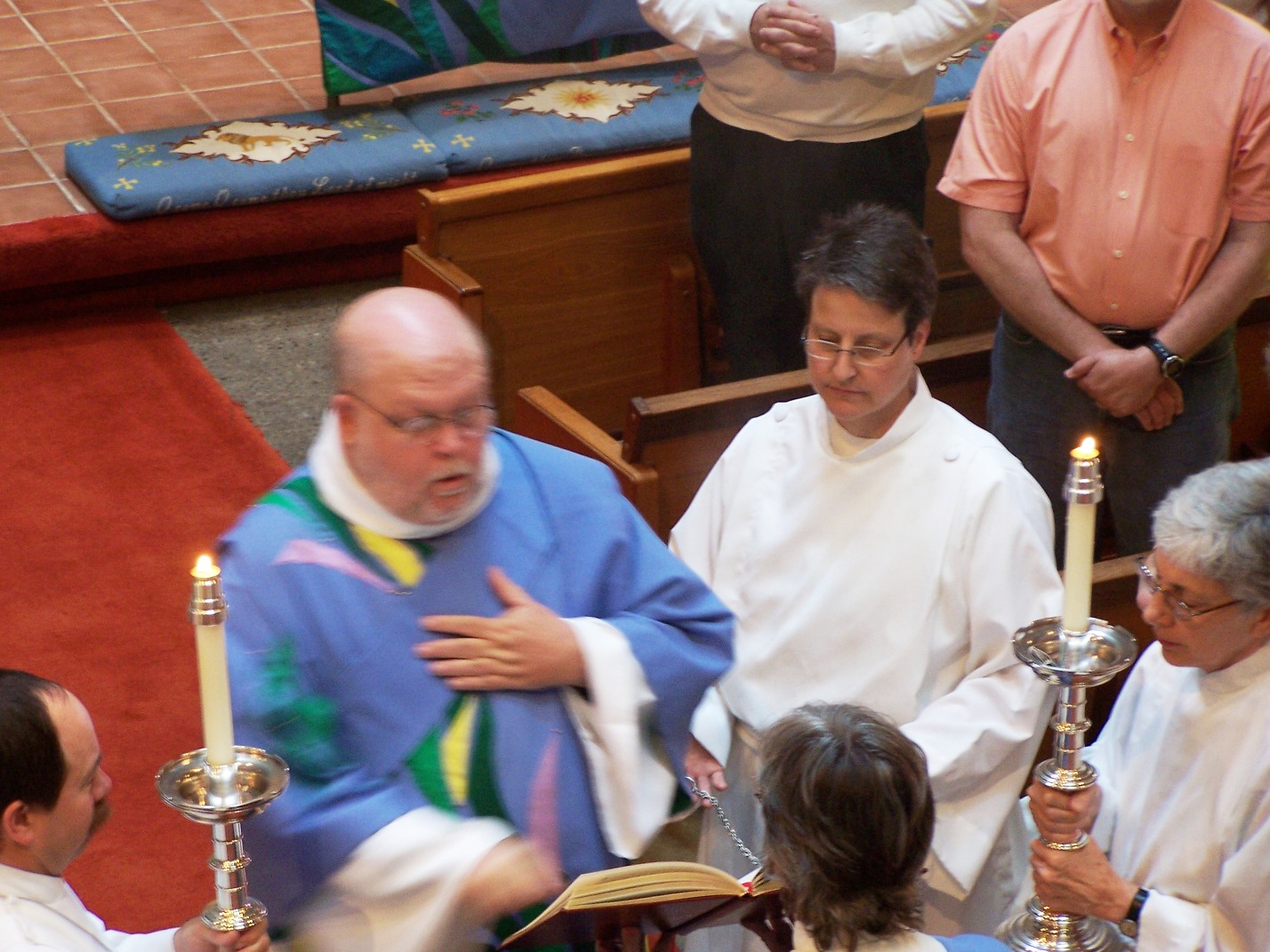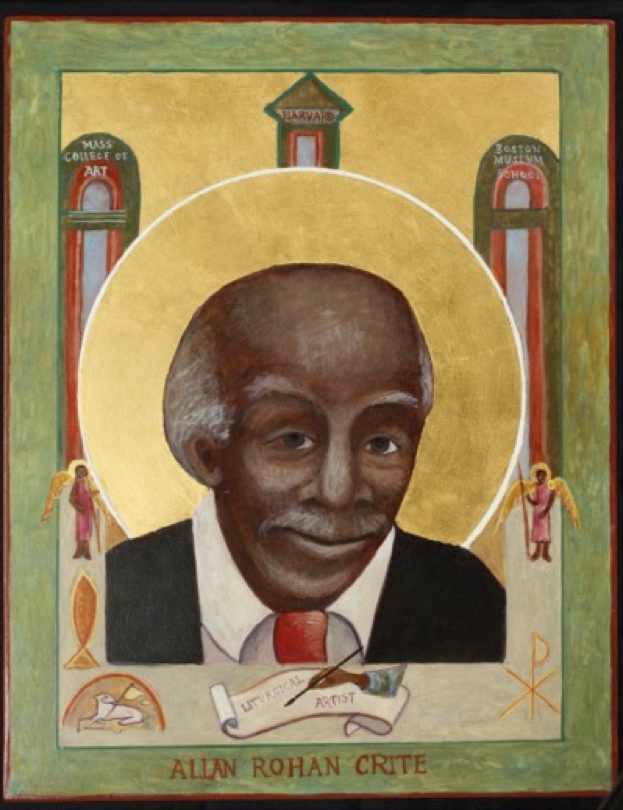Compassion fatigue
 Monday, September 24, 2018 at 8:25PM
Monday, September 24, 2018 at 8:25PM 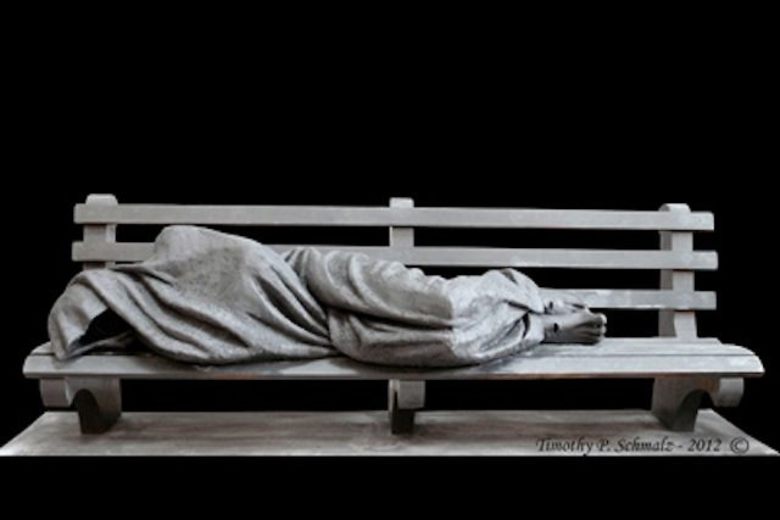 The talk about compassion fatigue has always seemed a bit strange to me.
The talk about compassion fatigue has always seemed a bit strange to me.
Take homelessness and “dealing with homelessness”
A few weeks ago a priest friend asked me how I deal with “the homeless.” He was visiting Seattle. We have a lot of homeless people. The priest had a number of them ask him for money. I told him what I did. Also, that I’ve changed what I do several times over the years.
Can’t say that I’ve experienced compassion fatigue. I can say that I have been confused, sad, angry, touched, amused, joyful, afraid, thoughtful, and a dozen other feelings. As friends know, from time to time I proclaim my latest solution. At other times I talk about how it used to be different.
A few days ago, there was an article in the Seattle Times, “San Francisco is cracking down on tent camps. Will Seattle do the same?”
The word “compassion” was used three times in the article. Once followed by “fatigue.”
An inner core of silence
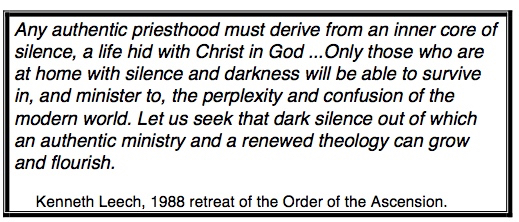 I recently heard from a priest I respect. At times he’s struggled with a shoot-from-the hip reactivity. Easily offended. Easily hurt. I know he has striven for more grace in coping with the demands and complexities of life.
I recently heard from a priest I respect. At times he’s struggled with a shoot-from-the hip reactivity. Easily offended. Easily hurt. I know he has striven for more grace in coping with the demands and complexities of life.
In recent years he’s given himself with more intensity to the inner life; especially to daily practices of Office, lectio, and silence. He seems humbler and more accessible as a person. I’ve always seen that capacity in him, but I sense growth. It has called to mind Ken Leech’s thinking about how authenticity in priesthood is connected with “an inner core of silence.”
How I “deal with homelessness” – Office, spiritual reading, silence, what John Macquarrie called the prayer of responsible thinking, and as best as I can see the way, taking some action that seems responsible. What I’ve noticed is that over the years I’ve changed the action but not the spiritual practices. It’s my way of staying grounded in a God that doesn’t have compassion fatigue.
Of course, God doesn’t have judgment fatigue either.
 Grace & Judgment
Grace & Judgment
Responsible action is grace and judgment, acceptance and challenge. Maybe, we need to have both if we are to grow in holiness and wholeness.
The mayor of San Francisco said, “Because someone refuses services doesn’t mean that we leave things the way they are, …. Yes, we’re going to be compassionate and we’re going to offer support and help. But no, we’re not going to let you erect a tent on the sidewalk and keep it there. We’re going to ask you to take it down and, if you refuse, then we’re going to take it down.”
I find that in my preaching and teaching I want to offer less moral exhortation and more spiritual guidance. Most of the people I work with in the church have a generally decent, if vague, sense of ethical and moral direction. What they seem to long for are ways to better ground their life in the pathways of grace.
rag+

